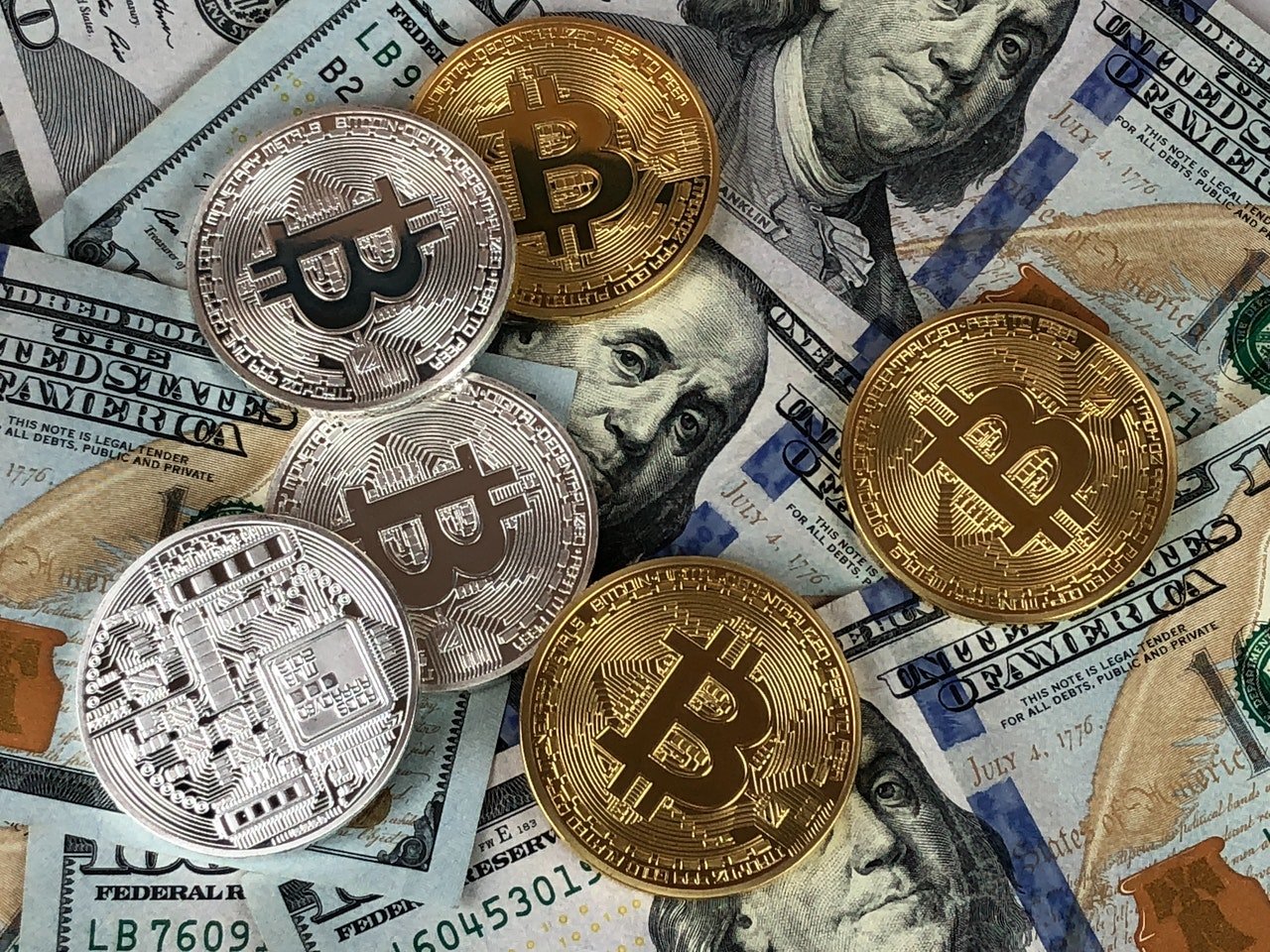What’s DeFi?

Unless you spent the last 10 years in a cave, I'm sure you’ve heard a lot of stuff about Bitcoin, cryptocurrency, smart contracts, etc. But do you know that, together with cryptocurrencies and blockchain technology, a new financial system has emerged parallel to that? A global, open alternative to every financial service you use today, accessible to anyone in the world with a smartphone and internet connection? Well, if you don't know what I'm talking about, let me introduce you to the world of decentralised finance.
What is DeFi?
DeFi is an abbreviation for Decentralised Finance. It’s an umbrella term under which we place all financial services on the blockchain. Imagine a system that allows you to do almost everything you can do with traditional banks - loans, insurance, buying and selling derivatives or assets, real estate etc. - without using third parties or intermediaries. Imagine it as a place where you can remain (almost) anonymous, that works much faster and is accessible via smartphone and with an internet connection. A dream, no? Well, this is what the DeFi world presents to us as a real alternative to traditional financial systems.
The entire concept of DeFi is built on top of 3 main things: cryptography, blockchain technology and smart contracts. It’s focused on dapps (decentralized apps) and peer-to-peer protocols developed on decentralised blockchain networks. You can think of a dapp as an app built on decentralised technology rather than being built and controlled by a single, centralised entity or a company. Even if it looks like a futuristic concept, many of these apps already exist.
How does it work?
With DeFi and dapps, there are no banks. There are pieces of code that run and act as a bank or a centralised institution. These pieces of code are open to anyone to audit, and anyone has the opportunity to understand the contract’s functionality or find bugs. All the transaction activity is also public to anyone. They’re censorship-resistant and much cheaper than traditional centralised finance. By keeping it in the digital world, all the regular costs like office towers, trading floors, salaries etc., don't exist. Another thing you’ll often hear is that these DeFi apps are “permissionless” to create and “permissionless” to participate, meaning that anyone can create them and use them. They’re also interoperable, meaning that new DeFi apps can be built or composed by combining them, exactly like Lego pieces, and forming new products.
Through these dapps, you can engage in several financial activities. For example:
- lending: some people use them to lend out their crypto and earn interest on them;
- borrowing: you can quickly obtain a loan without having to fill out a ton of paperwork;
- trading: in the DeFi world, it’s easy to make peer-to-peer trades of crypto assets for a minimal fee;
- monetary banking services: these are strictly intertwined with stablecoins, which become a bridge between the real world and the crypto world. Thanks to those coins, you can use dapps for insurances and mortgages.
- derivatives: the crypto version of stock options or futures contracts.
Advantages and downsides
The advantages are undeniable. DeFi is open, as you can access it by creating a crypto wallet. No need for paperwork or any kind of regular applications. It's also extremely flexible, which means you can have a very flexible user experience and move your assets anywhere and anytime without asking for permission, paying expensive fees, and the entire process is generally quicker. Transparency is also a big part of the game.
But there are some downsides. One of the main ones is the high risk of user error. The responsibility is transferred from intermediaries to the users, and designing products that minimize the risk of user error it's not the easiest task when these are built on top of immutable blockchains. Using these dapps also requires tons of extra effort on the user's part and generally offers a bad user experience. The dapp ecosystem is also extremely cluttered, and it's pretty complicated to understand what application is the most suitable for your specific use case. Blockchains are also still slower than their centralized counterparts, and this reflects on the dapps built on top of that. You also have to consider the high volatility of crypto, which often translates into active trading getting very expensive or just very volatile.
Some food for thought
The idea behind cryptocurrencies was to allow people to control their money by themselves. DeFi takes that idea one step further and offers a global, open alternative to every financial service we use today and is one of the fastest-growing sectors in crypto. If successful, DeFi will take power away from large centralised organisations and put it in the hands of the open-source community and the individual. Despite being a tempting idea, not everything benefits from decentralisation. The shared responsibility, for example, can work against users. By removing the intermediaries, users have the responsibility for their funds and assets; therefore, some tools to prevent the possibility of human errors and mistakes would be handy. Liquidity is also a big problem.
The promise of an entire new industry being created from scratch is exciting. If it fulfils all its promises, DeFi could upend how we spend, save, buy and do so many other things. If that day comes, only time will tell.